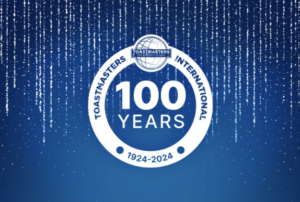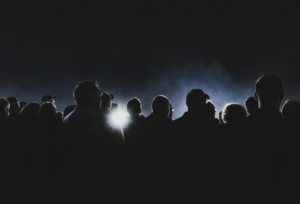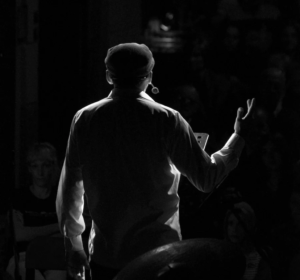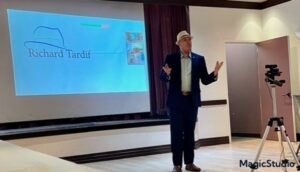By Richard Tardif
If bees can drink coffee why can’t I?
According to scientists at the University of Sussex caffeinated bees can cut it on the dance floor (waggle dance bragging “Hey, I found some really awesome stuff over there!”) and act more productive during pollination compared to their decaf fellow bees.
 So why the heck am I writing about over caffeinated dancing bees bragging about a new cache? Seems the bees became attached to the same feeders after the caffeine had left their system and, get this, the feeders were caffeine-free. Now I’m not going to be brave enough to say humans behave in the same way, for I am not a scientist but…Tim Horton’s, anyone?
So why the heck am I writing about over caffeinated dancing bees bragging about a new cache? Seems the bees became attached to the same feeders after the caffeine had left their system and, get this, the feeders were caffeine-free. Now I’m not going to be brave enough to say humans behave in the same way, for I am not a scientist but…Tim Horton’s, anyone?
“We describe a novel way in which some plants, through the action of a secondary compound like caffeine that is present in nectar,” said Margaret Couvillon, the lead researcher, in a press release.
Spiking the nectar may be tricking the bees by securing loyal and faithful foraging and recruitment behaviours, such as waggle dancing. But these bees didn’t always get a healthy diet, according to the study and it got me wondering, does coffee make us bad eaters?
It didn’t take me long to uncover the answer.
One study from Duke University suggests that consuming excessive amounts of caffeine (250-700 mg.) during the day can lead to anxiety, hypertension, insomnia and nervousness triggering stress-related emotional eating. Caffeine may also increase hunger cravings because it reduces blood sugar leading to increased hunger.
 The studies are inconclusive, yet there is a case to be made for some benefits to moderate consumption. If it’s fresh and of high-quality studies show caffeine can improve alertness and it may, based on studies, reduce the risk of developing Parkinson’s disease, gallstones, kidney stones and liver cirrhosis. In the longer term it is associated with an increased risk of high cholesterol, heart disease and osteoporosis, ulcers, IBS and acidity.
The studies are inconclusive, yet there is a case to be made for some benefits to moderate consumption. If it’s fresh and of high-quality studies show caffeine can improve alertness and it may, based on studies, reduce the risk of developing Parkinson’s disease, gallstones, kidney stones and liver cirrhosis. In the longer term it is associated with an increased risk of high cholesterol, heart disease and osteoporosis, ulcers, IBS and acidity.
It’s best to drink in moderation. I know, there’s that word again!
I am like many coffee drinkers who are protective of their coffee. In fact, I roll my eyes when I hear about decaf and alternatives, but in the summer of 2014 I made a decision to cut back, and it was difficult. Yet, I felt alert, energetic, and was more productive. My eating improved, unlike my bee friends pumped up on java. It’s a given my better sleeping patterns was due to less caffeine, but still?
The coffee-bee study is great news for biology, but if the results are convincingly applied to human behaviour, it will sting – I had to say it!






